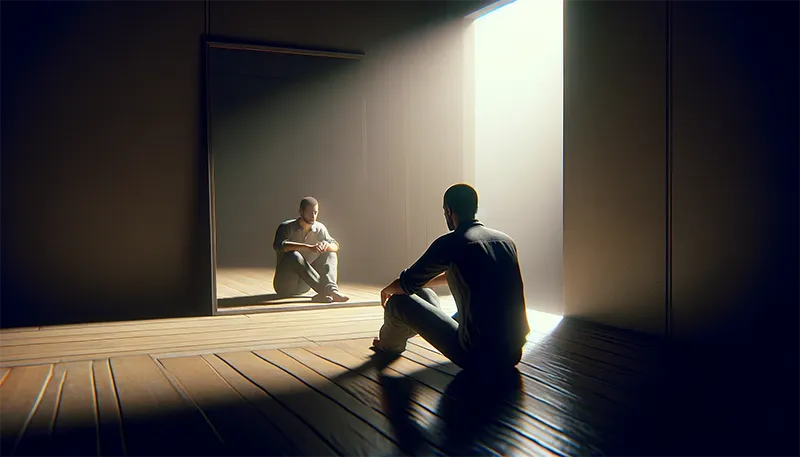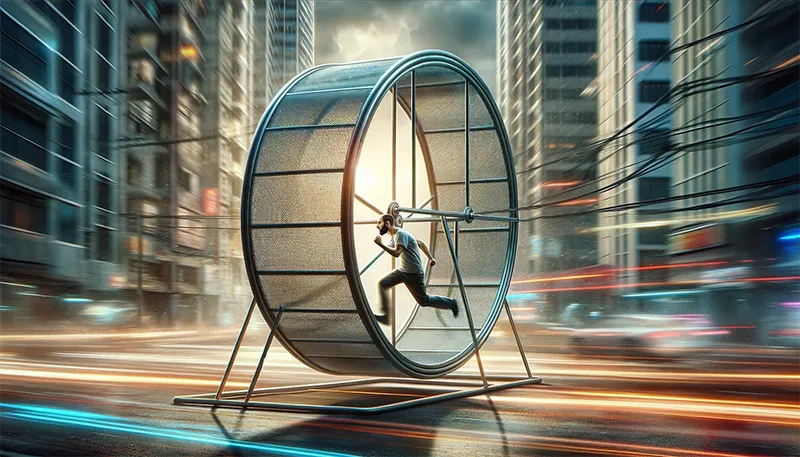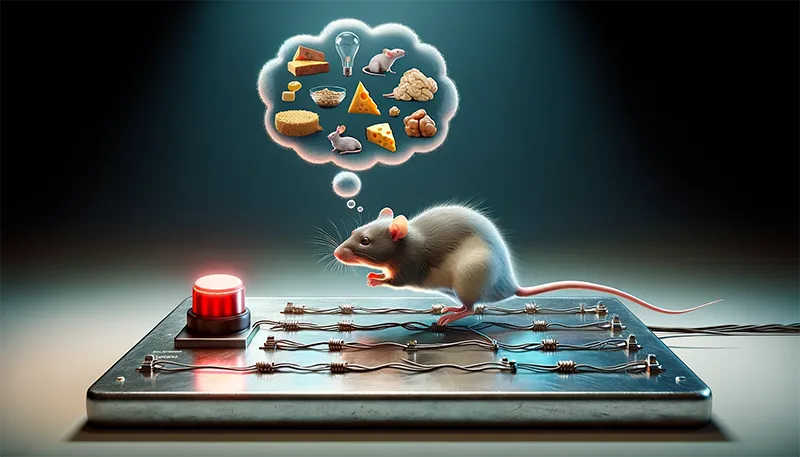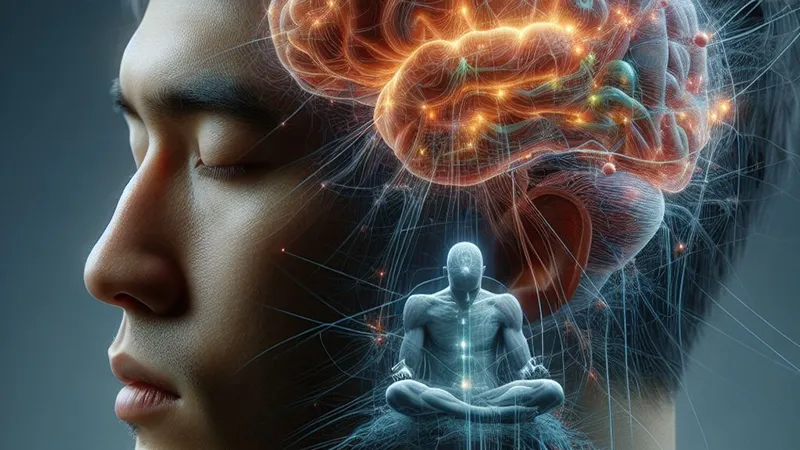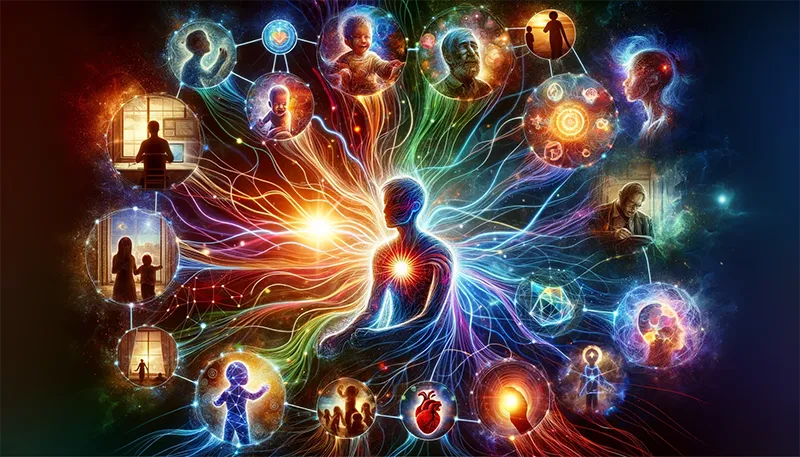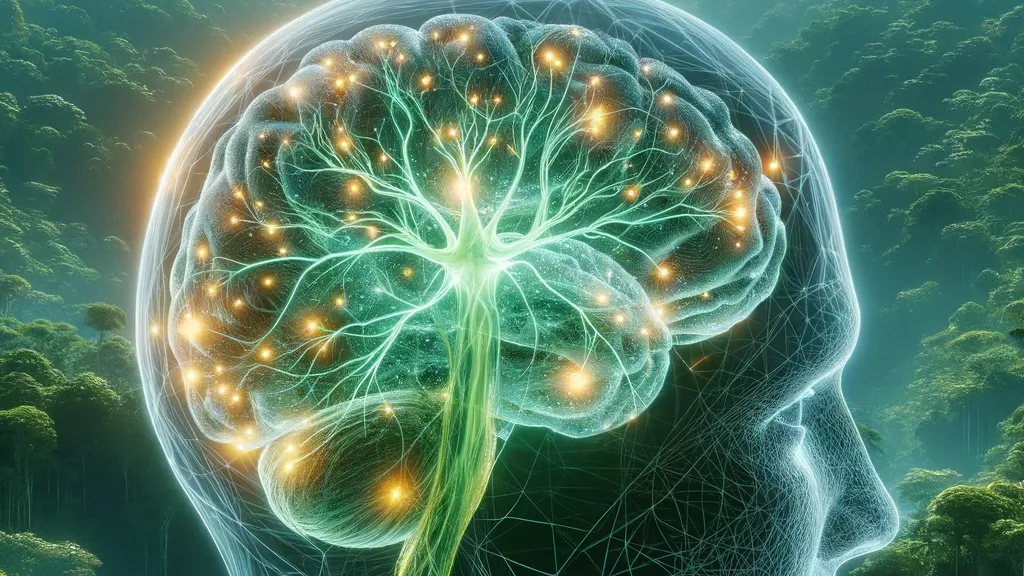How do we get to emotional burnout?
A person does not need to constantly experience intense emotions to feel comfortable. However, our reality offers far more reasons to trigger the release of happiness hormones than necessary.
We understand that we can’t grasp and assimilate this excess, but every day we continue to face intense informational pressure, witnessing the bright and vibrant lives of others, which the majority seems to approve of. Gradually, a persistent belief forms in our subconscious, manifesting as a nagging sensation: “I’m missing out! My life is empty and meaningless!”
The subconscious belief in most people is: “One cannot live a life that is empty and meaningless!” Realizing the opposite can be terrifying. Psychologists say that fear makes us hurry. Unnoticed, we get sucked into an endless race for a bright life and intense experiences, a race aptly named “Rushing to Live!” This race can touch any aspect of life: relationships, work, leisure, etc. Its essence remains the same – there must be an abundance of sensations and events.
Living in such a constant race leads to psychological tension, creating a paradox: in striving to experience life to the fullest, one misses out on life itself.
Perceptions change, and one stops noticing what does not align with their primary goal of acquiring “happiness.” Essentially, they live not in the world but in their own head, preoccupied with anxious thoughts and the fear of missing out.
The real picture is ironic: in fearing to “miss out on life,” that’s exactly what happens!
Any race is a highly energy-consuming process. People spend energy literally on movements, actions, but a significant part is expended on servicing “racing” thoughts and fear.
Since energy is a measurable quantity in earthly realities, there comes a point when strength runs out, leading to a state called “emotional burnout.”
Emotional burnout is not a pleasant state. It’s not depression yet, but the changes in the psychological state are quite pronounced. Burnout, in essence, is the brain’s protective reaction against excessiveness, a state that essentially signals the need to start changing one’s thinking, beliefs, and perception of the world.
What can be done to achieve emotional moderation and prevent burnout?
The answer seems obvious – stop.
Especially since there’s no strength left to run.
But it’s the subconscious that can truly stop the race, being the source of all our actions. It won’t work to simply tell yourself “stop, don’t do it” and cease running.
In reality, it would be: “I understand everything, but I can’t stop chasing bright impressions!” Trying to progress through sheer willpower (or stubbornness) leads to increasing tension, irritation, and breakdown, as with any addiction. Avoiding the ritual of addiction, i.e., exiting the race, is perceived as a threat to existence.
Conclusion #1 – Conscious work is useless, as the subconscious does not take orders from it.
The famous Olds and Milner experiment with rats, the “pleasure center,” and dopamine showed that despite experiencing pain, hunger, and exhaustion, rats still sought to activate this brain center. It turned out that stimulation did not bring pleasure but only promised it. The experiment was repeated with harsher conditions – now the rats had to run on an electrified surface to reach the button. Despite the pain, the rats still strove for stimulation.
It turned out that this center is part of a complex reward system, also involved in forming various dependencies, which neuromarketing exploits excellently.
Conclusion #2 – Even recognizing that something is wrong, it’s impossible to get out of the hamster wheel without disabling the “reward system” and dopamine dependency, which are also beyond conscious control.
So, should we take the common advice to start finding joy in simple things? People unfamiliar with brain function often suggest this. But if you’re in a dopamine pit, the brain will never produce any feeling for something simple and familiar – only for what is new and bright! The brain is quite the “economist”!
Conclusion #3 – If the brain is accustomed to a firework of sensations, luring it with a dim light in the dark will not work.
Based on these conclusions, the real way to cope with emotional burnout and escape the race for bright sensations is through working with the subconscious.
You can start living differently by reprogramming the settings, beliefs, and programs ingrained in it.
The question then arises – how to do this?
Ayahuasca leads to emotional healing
One effective method to change the destructive content of the subconscious is an ayahuasca retreat. Here’s why.
Ayahuasca doesn’t work with what relates to consciousness. It doesn’t care how extensive your knowledge is, how strong your will is, or how great your material resources are.
Ayahuasca goes deep into the psyche and works with various subcortical structures.
It helps explore the submerged part of your psyche’s iceberg, bring order there, and sort out the “closet of skeletons.”
However, Ayahuasca never imposes this order (unlike people), only showing the actual state of affairs. Then you can engage what eagerly wants to work – the consciousness. Apply willpower and perseverance to change your life and personality, etc. But now, nothing in the foundation of your psyche will hinder you. Your efforts won’t encounter submerged snags but will be used as intended.
Working with Ayahuasca literally takes you where consciousness never accesses – simply because it would be overwhelming. Ayahuasca protects consciousness by showing your “inner world” to the extent you can realistically perceive. Not every experience will be positive, but again, from a conventional viewpoint. Ayahuasca never leads you to the extreme. If it shows something frightening, it has already “calculated” your capabilities to cope with it.
Ayahuasca helps you see the cause that led to the feeling of missing out on life and drove you to bright experiences under the influence of fear.
Realizing this cause and changing settings, you receive completely different signals and impulses from the subconscious. Just as you previously “wanted but couldn’t,” you will now be able to act decisively.
Your subconscious will still guide you, and it will still be unclear why it’s now easy to do what previously seemed impossible. But now it will be a clean, free territory that you can fill anew.
After working with Ayahuasca, you will escape the trap and live without fearing to miss out on life. Emotional tranquility and moderation will become a new life philosophy.
Only then will you truly start enjoying simple things and moments. The absence of events will no longer scare you. Fear, a poor advisor and companion, will no longer drive you forward. Even a calm emptiness will begin to fill and bring a sense of happiness.
Jungle retreat in Peru: deep connection with the Earth
Science shows: The effectiveness of Ayahuasca is comparable to several years of meditation.




